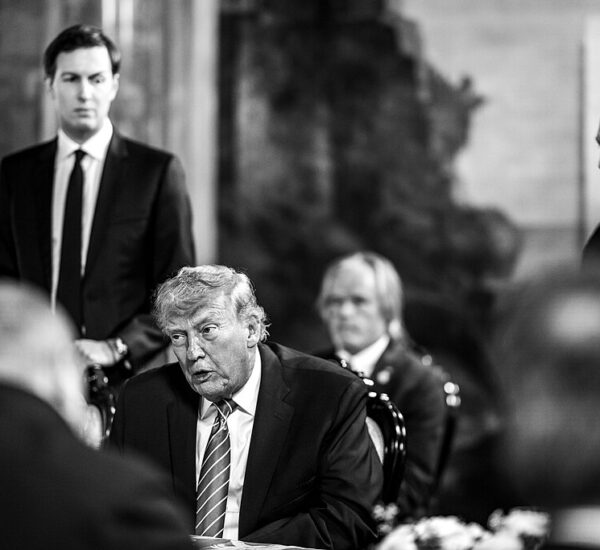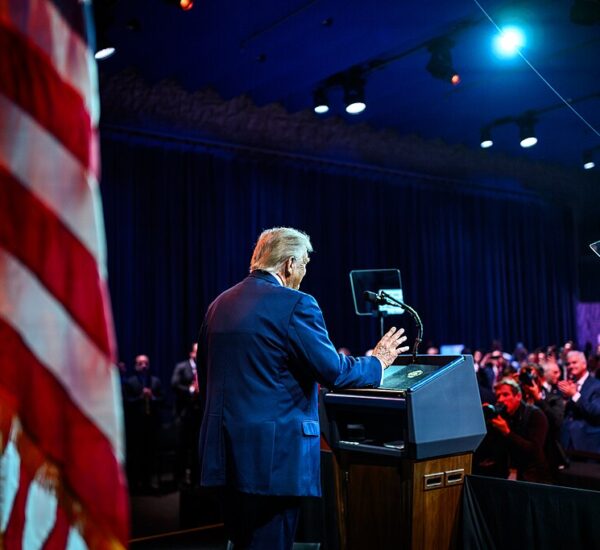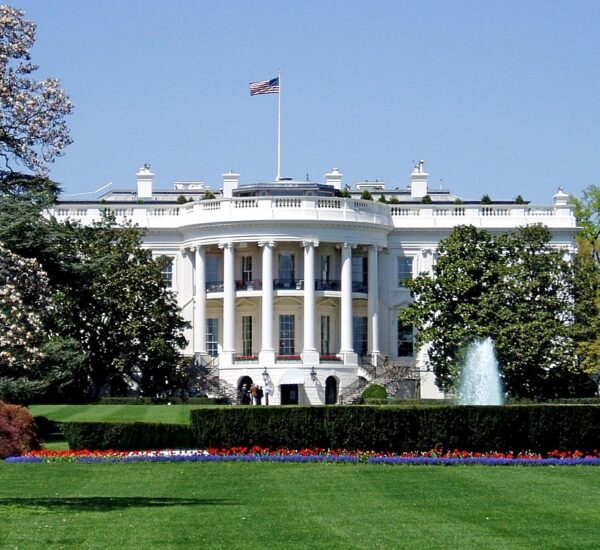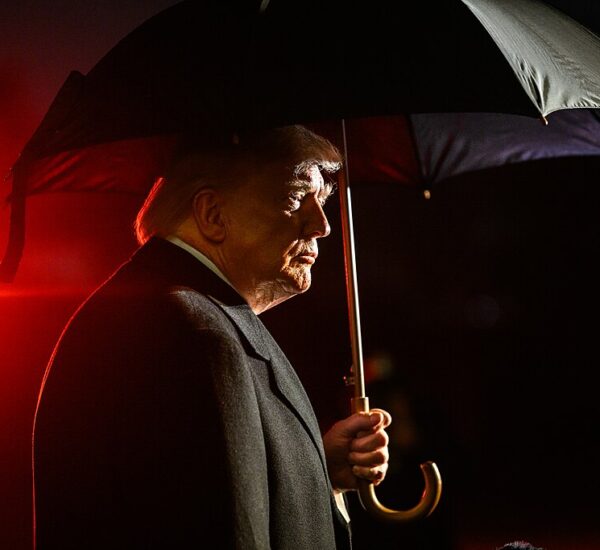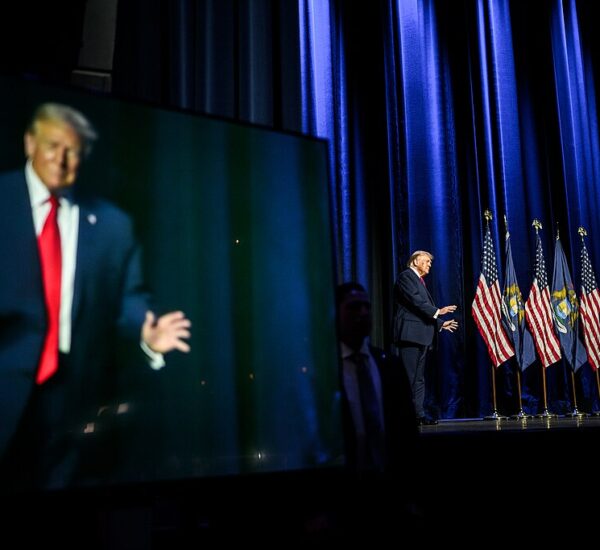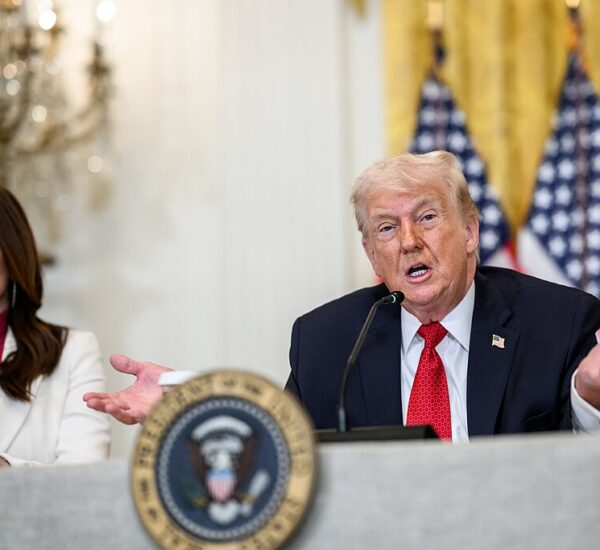Trump Threatens To Veto What?
On Monday, President Trump made it clear he would veto a Senate resolution attempting to block his strong stance on tariffs aimed at protecting American jobs and national security.
According to a policy statement obtained by The Hill, the Office of Management and Budget stated that the president would reject the proposal introduced by Senator Ron Wyden (D-Ore.). The administration emphasized that the resolution would “undermine efforts to address the unusual and extraordinary threats to national security and economic stability” created by years of unfair trade practices and chronic trade deficits.
Senator Wyden, a leading Democrat on the Senate Finance Committee, introduced the measure earlier this month as a way for Congress to curb the President’s authority on trade issues. A Senate vote could happen as soon as Wednesday.
The Wyden resolution would cancel President Trump’s 10 percent tariffs on imported goods and block him from raising tariffs up to 49 percent on nations engaging in abusive trade behaviors.
While some lawmakers from both parties have expressed concern about the impact of tariffs on the economy, President Trump remains committed to putting American workers and industries first. Another proposed Senate bill, backed by seven Republicans—including Sen. Chuck Grassley of Iowa and former Senate GOP Leader Mitch McConnell of Kentucky—seeks to restrict the President’s ability to impose tariffs without Congressional approval.
Earlier this month, President Trump rolled out major “reciprocal” tariffs on U.S. trading partners—moves the White House proudly celebrated as “Liberation Day.” Although markets initially reacted with caution, many conservatives see these tough policies as long overdue corrections to decades of globalist trade deals that sold out American manufacturing.
On April 9, President Trump temporarily paused the steeper tariffs for 90 days to allow negotiations with key trading partners to proceed, while maintaining the 10 percent tariffs on imports and significantly increasing tariffs on Chinese goods to a total of 145 percent.
Top administration officials continue working toward fairer trade agreements. However, unless real progress is made, President Trump appears prepared to stay the course in defense of American economic sovereignty.

